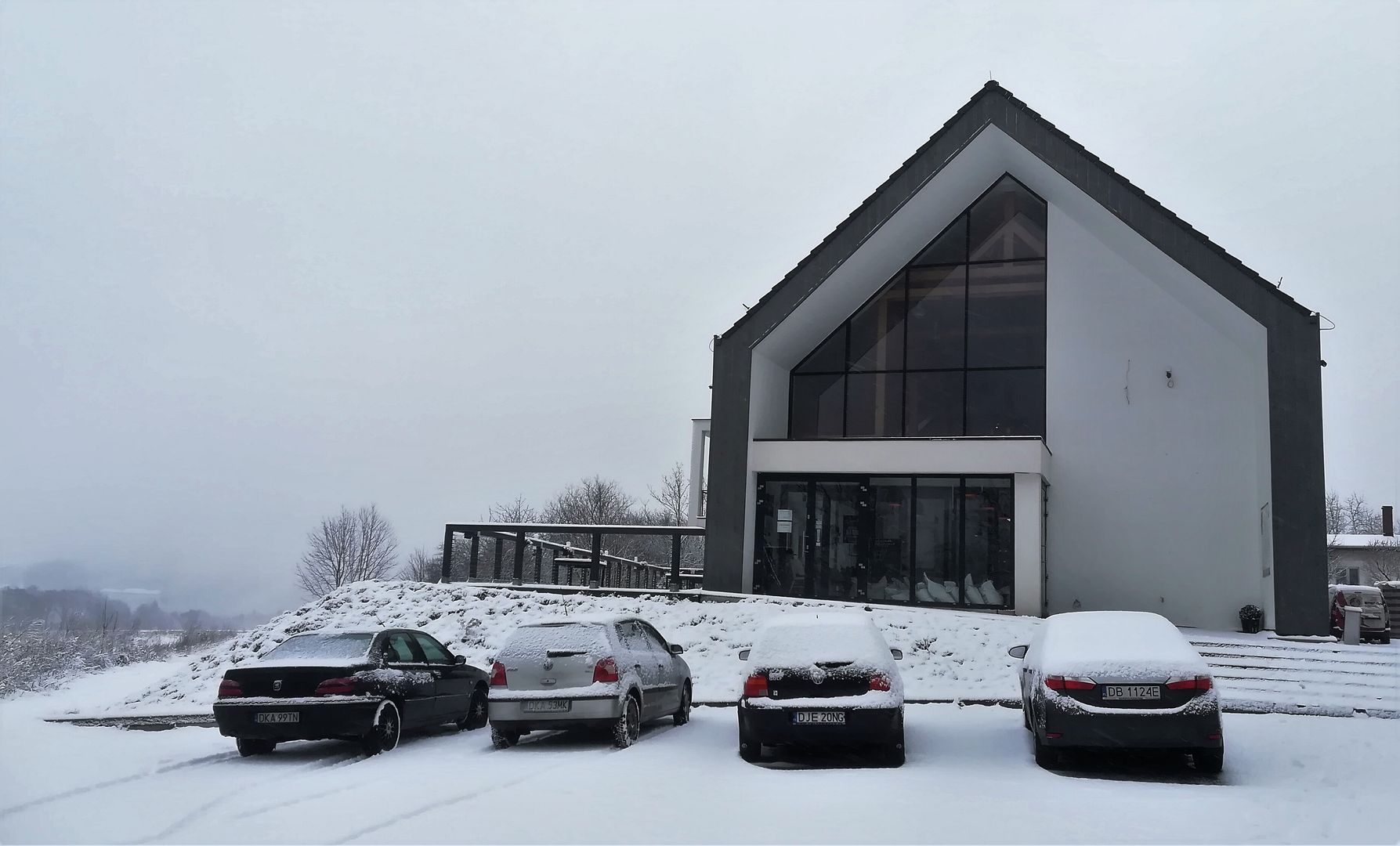Miedzianka
6.11

Overview
Miedzianka, formerly known as Kupferberg, is a locality in Poland with a rich history dating back to the Middle Ages. According to legend, Laurentius Angelus supposedly discovered deposits of metal ores here in 1156. Reliable mentions of Miedzianka appear in the chronicles of Johannes Kaufmann from the early 14th century, and the first certain owner, Albert Bavarus, was recorded at the turn of the 14th and 15th centuries. In the 16th century, the town experienced a period of prosperity when Hans Dippold von Burghaus invested in copper mining, and in 1519, Miedzianka was granted town rights. Over time, it became a center for the extraction of copper, silver, and other raw materials, and in the 18th century, cobalt as well. However, the 19th century saw a sharp decline in mining, prompting residents to shift to other forms of activity, such as weaving. After World War II in 1945, Miedzianka lost its town rights, and the Polish administration downgraded it to a village, contributing to its serious decline. Over the years, uranium mining by the Red Army led to significant mining damage. In the 1960s, a decision was made to liquidate the settlement, resulting in the destruction of most of its buildings, including the Evangelical church. After the political transformation in 1989, Miedzianka began to revive, becoming a point of interest for tourists and researchers, which culminated in the publication of Filip Springer's book *Miedzianka. Historia znikania* (Miedzianka: A History of Disappearance). In 2015, the Miedzianka Brewery was opened in the village, contributing to the further development of the local economy. Architecturally, the Church of St. John the Baptist and the house at Market Square 25 are listed as historical monuments, and a cross that may date back to the late Middle Ages has also been preserved in the area. Miedzianka is now a village located in the Rudawy Landscape Park, with beautiful landscapes, but it remains a testament to the dramatic historical events and the decline of mining that shaped its fate for centuries.
Location
2026 Wizytor | All Rights Reserved